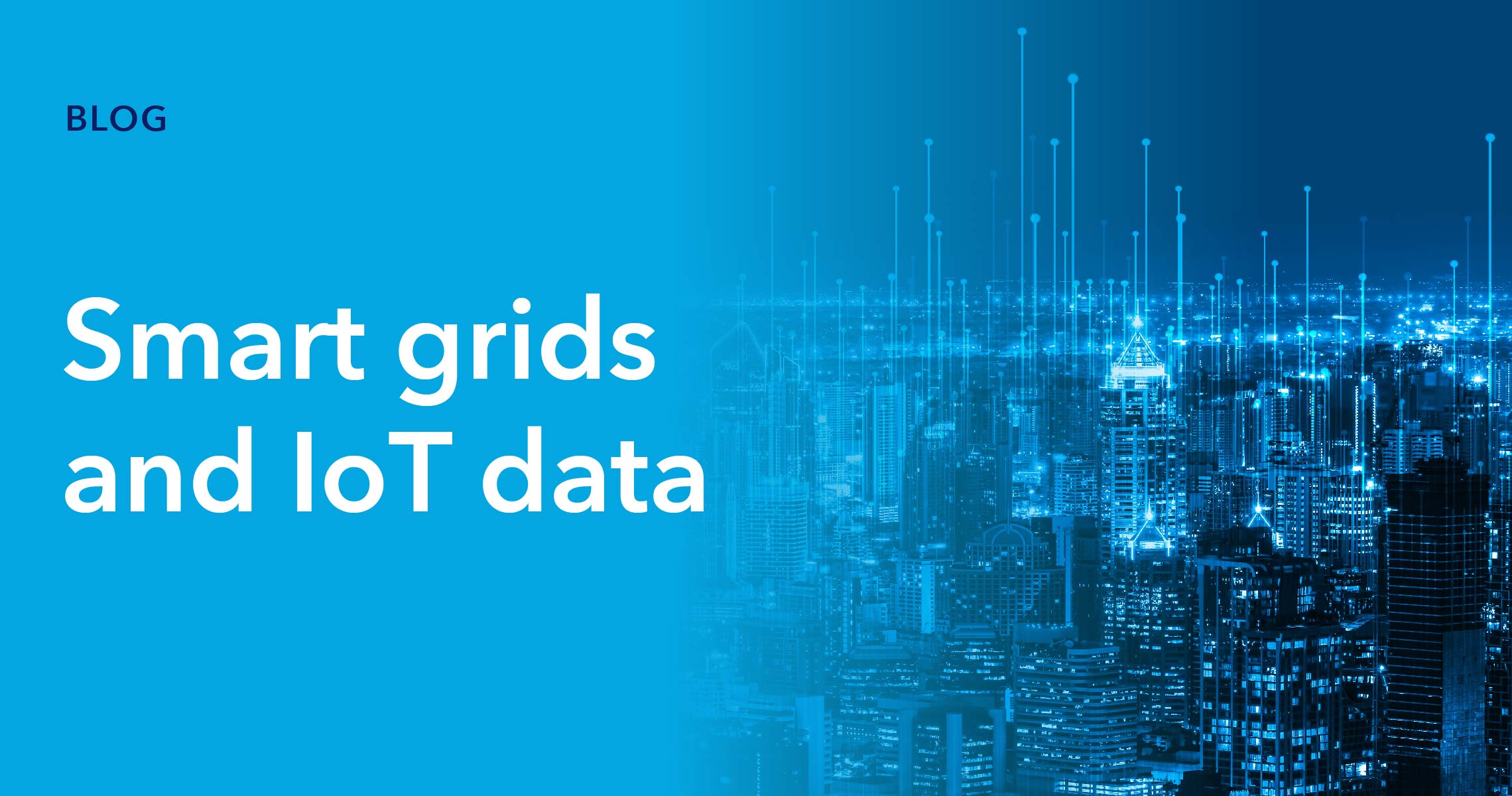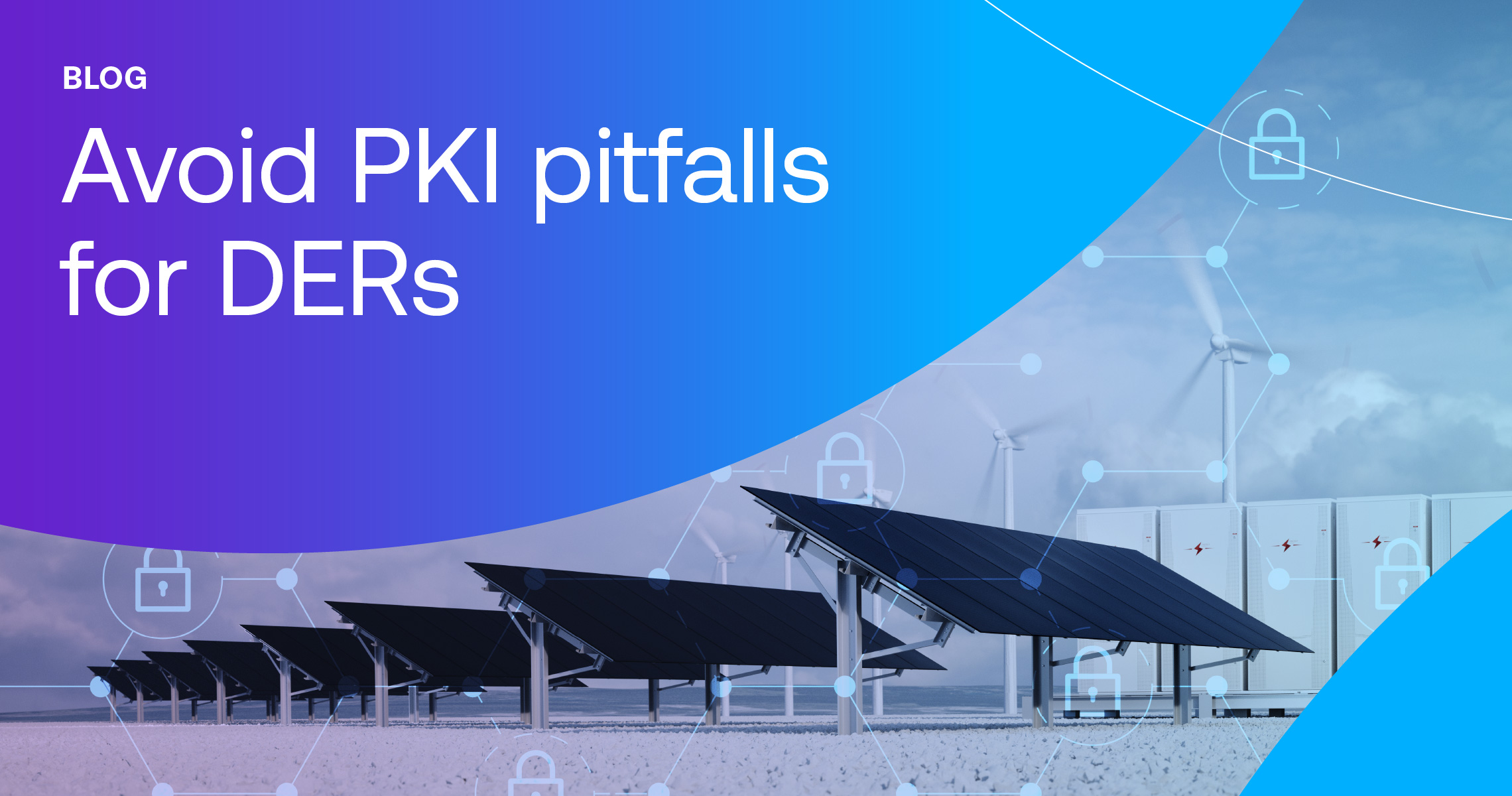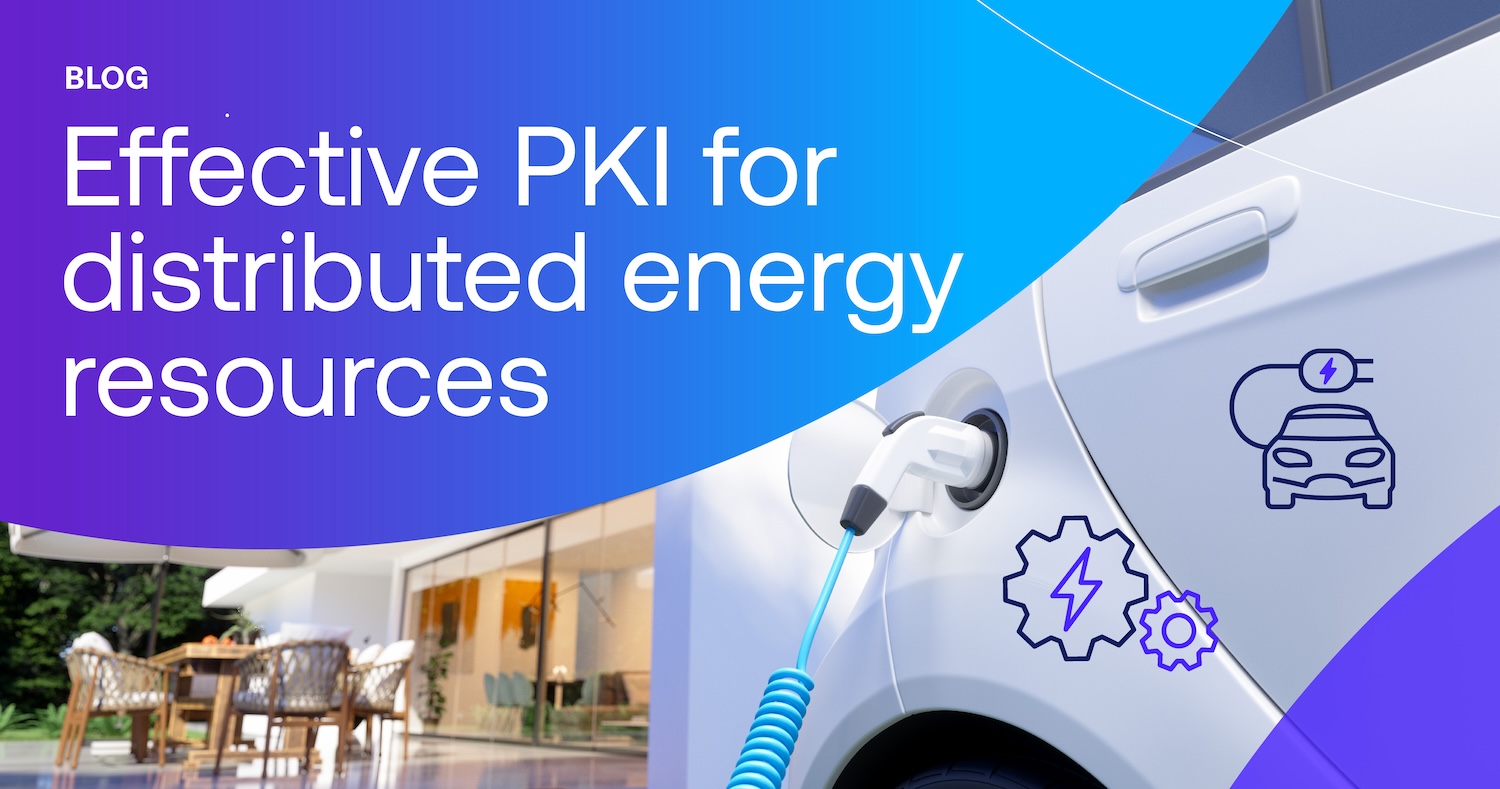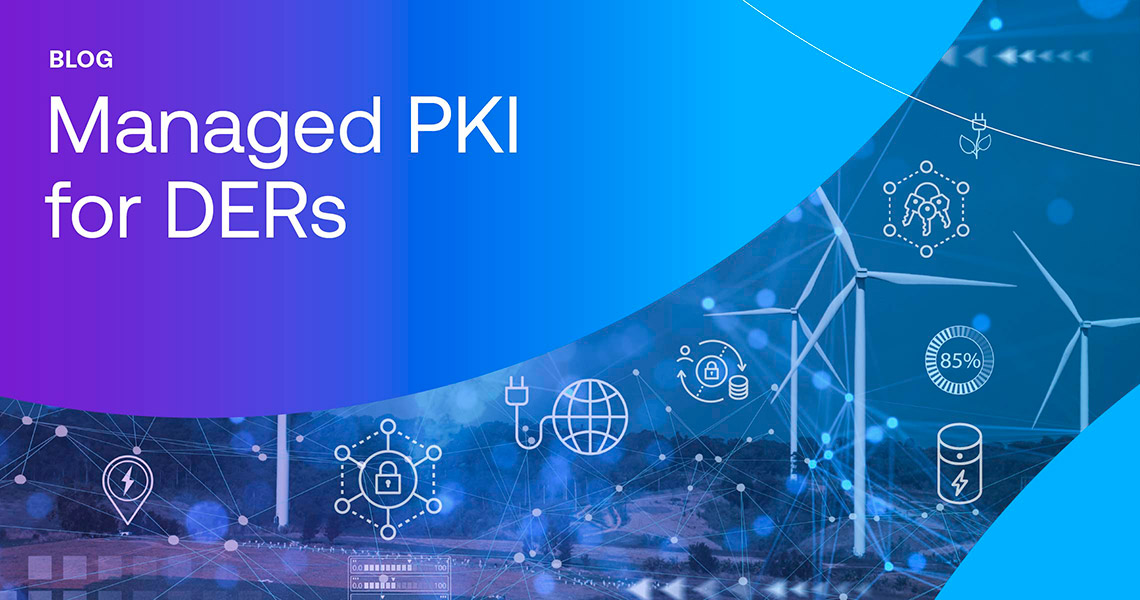The energy industry is in the middle of a global transformation, bringing data-driven energy efficiency and the implementation of decentralized architecture. Thanks in part to new smart grid technologies, utility companies are positioned to be one of the leading beneficiaries of this digital and data revolution.
Smart grids allow utility companies to make smarter decisions. For example, advances such as data virtualization have enabled utilities to start unlocking the full potential of their data. This data comes in from an expanding variety of sources, including smart devices. Via data collection, secure data processing, and sharing utilities can understand their customers better and boost operational efficiency. This has the dual benefit of improving the user experience and overall profitability for the company.
The growth of Internet of Things (IoT) devices also presents utility companies an array of opportunities and challenges. As companies such as Google, Amazon, and most major electronics firms continue to enter the energy marketplace, innovation has soared and the market for devices has expanded. The potential for valuable data collection and secure data processing has also expanded.
However, the decentralized nature of smart energy grids and IoT networks has created a massive security risk around smart grid data management, including secure storage and the sharing of data. Luckily, technologies already exist to mitigate potential data breaches caused by compromised devices. Other challenges for smart grid data management include the ever-present pressures of a competitive business environment, regulatory and social demands, and the changing dynamics of electricity generation and sourcing. Ultimately, as David Maher noted in a recent article in Power magazine, “the full benefits of a smart grid will only be realized when grid stakeholders can share information among themselves.”
The challenges in ensuring secure data processing
Data collection, one of the pillars of smart grid data management, is a double-edged sword for utility companies. While on the one hand, it allows them to collect energy consumption and usage data—which helps them to adapt their models and improve user experience—it also creates significant risk in terms of how to securely transmit, store, and process that data.
This threat to secure data processing is greatly increased by the tens of billions of new avenues of attack that have been created through the explosion in usage of IoT devices. While the upsides to greater use of secure utility data are clear, so are the potential consequences of attacks by hackers, including:
- Data being stolen or manipulated
- Intellectual property theft
- Regulatory fines
- Lost revenue through pirated services or lack of consumer trust
- Misuse or theft of devices (such as being harnessed for use in botnets)
- Unauthorized account access
The good news is, counter-measures to mitigate these threats exist. For example, leveraging virtualized data technology it is possible to create a secure analysis layer which sits over datasets in order to keep them safe from attack.
Utility data virtualization and security
As mentioned, data virtualization technologies have transformed the way utility companies store and process their data. Traditionally, data needed to be stored in data warehouses, either on-premises or in the cloud. The utility would have to make a huge initial investment or keep paying high ongoing fees for third-party storage. However, these data warehouses still required transport and curation in order for the data to be processed. This presented a particular problem for utility companies that deal with widely diversified data inputs from devices and sensors as their smart grid data management operations can become highly complex, especially when also considering relevant data privacy and consent legislation.
By contrast and by design, data virtualization enables data to be collected into datasets to allow for processing wherever the data resides. As a result, this cuts out the need for transportation and removes one of the biggest attack surfaces for hackers. Additionally, introducing a data governance layer over these virtualized datasets allows for more fine-grained access control and data rights management. This secure data exchange platform is essential for ensuring regulatory compliance in terms of data privacy legislation such as GDPR, as well as empowering secure collaboration between numerous organizations with different relationships.
Data virtualization also improves the function of data operations and smart grid data management by enabling improved data cataloging, including leveraging AI and machine learning to create automatic metadata tagging protocols. With improved metadata and data catalogs data scientists will be able to locate data required for analysis quicker, as well as being able to swiftly curate useful data packages for downstream users. This also prevents the creation of impenetrable data swamps which grow in size, costing money for storage, but as they do become less and less functional as data stores, requiring extre resources for data location and cleaning.
IoT device management and secure data processing
IoT devices have changed how individual consumers go about their daily lives and have revolutionized the way that many companies do business through supply-chain optimization and improved customer service. These advances rely on IoT devices being able to securely interact with each other and efficiently share data.
This level of secure data processing can be achieved by creating trusted ecosystems and mutual authentication of devices. Device identity management works by provisioning individual devices with secure identities, either when they are created on the factory floor or are first installed. This identity then defines what kind of access the device has to the user’s ecosystem (e.g., to send usage data or to receive updates).
For utilities and businesses, security and control are essential, and effective identity and access management depends on the use of public key infrastructure. Intertrust provides industry-leading device security as part of the capabilities of the Intertrust Platform. It has already provisioned nearly 2 billion IoT devices with cryptographically secure identities that ensure a trusted connected ecosystem. Secure authentication using public key infrastructure (PKI) can also be used to ensure that attackers can not perform man-in-the-middle attacks to sit between and device and server and snoop on traffic. Compromised devices have their secure digital certificates and thus their server access revoked to minimize the impact of any device that is hacked.
This allows businesses to perform secure data processing and analysis, confident in the integrity of their connected devices and the information they generate. Data is protected throughout its journey, from edge to cloud and back again. This is essential for smart grid data management and trusting the validity of data received, so that the actions which are subsequently taken are informed by the most correct data possible.
Conclusion
As they continue to scale their operations, energy and utility companies must ensure that sensors, regulators, and other IoT devices can safely authenticate, communicate, and interact within evolving smart grid infrastructure. Smart grid data management and secure data processing enables these companies to manage data operations around their mission-critical electrical grid data. With data virtualization, utilities can create secure datasets and share necessary data seamlessly with multiple stakeholders in the energy ecosystem in an agile process, using the best data security practices.
To find out more about securing energy IoT devices using next-generation PKI, read our in-depth brief here. And if you’d like to do a deeper dive into the digital utility, download our recent white paper. Last, but not least, to learn how Intertrust Platform can help your organization with secure data processing, get in touch with our team.
Editor’s note: This blog was originally published in December, 2020. It has been revised and updated.
About Abhishek Prabhakar
Abhishek Prabhakar is a Senior Manager ( Marketing Strategy and Product Planning ) at Intertrust Technologies Corporation, and is primarily involved in the global product marketing and planning function for The Intertrust Platform. He has extensive experience in the field of new age enterprise transformation technologies and is actively involved in market research and strategic partnerships in the field.



